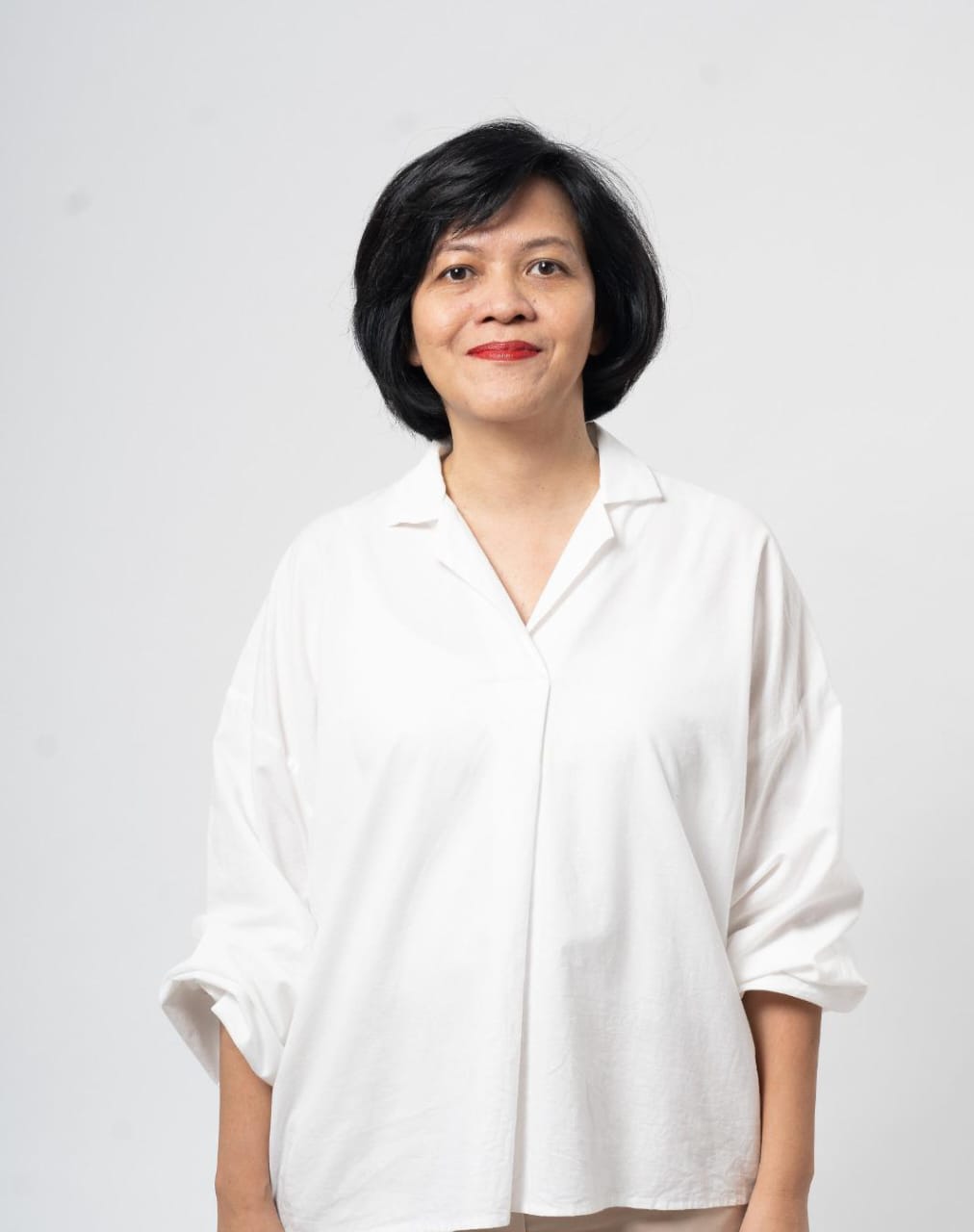Modernization and technological revolution in the field of Medicinal Chemistry show the contribution of Computational Chemistry and Bioinformatics in designing various molecular structures of medicinal compounds. This supports innovation in synthetic molecular structure engineering to produce inventions in the form of new chemical compound entities that can be used for therapy. According to Prof. Dr. Ade Arsianti, S.Si., M.Si, who was inaugurated as a professor in the field of Medical Chemistry, Faculty of Medicine (FK) Universitas Indonesia (UI) by Prof. Ari Kuncoro, S.E., M.A., Ph.D (UI Rector) in the IMERI Hall, FKUI Salemba (Saturday, 23rd of December 2023), research and development of new synthetic drugs requires high costs.
Therefore, the short research carried out was to synthesize analog compounds by chemical structure engineering to obtain new compounds that have higher activity, lower toxicity or side effects, are more selective and more stable. “Innovation in molecular structure engineering based on chemical synthesis is a very promising strategy for obtaining superior synthetic drug analog compounds from natural bioactive compounds, such as antimycin and gallic acid,” she said.
In her research, Prof. Ade brings innovation in molecular structure engineering and synthesis of Antimycin A3 analog compounds which have the potential to kill breast cancer cells. Previous research stated that the nine-ring dilactone in Antimycin A3 is less effective as an anticancer. For this reason, engineering of the molecular structure was carried out by modifying it through the active group of tetra lactone ring 18 which produces analogous compound 2. This compound can be developed as a new drug candidate for breast cancer therapy because it has stronger capabilities than Antimycin A3.
This engineering innovation is also applied to gallic acid compounds. Gallic acid is trihydroxybenzoic acid found in plants and fruit which can function as an antioxidant, antifungal, antiviral, anti-inflammatory and anticancer. The derivative compounds octyl gallate, amyl gallate, and propyl gallate are the three best compounds that have high stability and affinity. In vitro tests show that octyl gallate and amyl gallate have higher antimalarial activity than gallic acid so they can be developed as agents that can inhibit Plasmodium falciparum.
Apart from these two innovations, Prof. Ade also explained about nanoparticle technology. Gallic acid has an anti-breast cancer effect, but it is hydrophilic and thus difficult to penetrate the walls of cancer cells. One solution to this problem is to make gallic acid preparations in nanoparticle form. “Gallic acid nanoparticles provide high cytotoxicity to T47D cells compared to free gallic acid, so they can be further developed as a promising candidate for breast cancer therapy,” she said.
At her inauguration, Ade delivered a scientific oration entitled “Modernization of Medicinal Chemistry: Chemical Synthesis-Based Molecular Structure Engineering Innovation to Support the Discovery and Development of New Drugs in Indonesia”. She said that the increase in population resulted in the need for medicines increasing from year to year. However, this increase in demand is not accompanied by the availability of drugs and medicinal ingredients which has resulted in high drug prices—90% of raw materials are still imported. Therefore, the search for new drugs that are safe and effective is a major challenge for drug research and development in the field of Medicinal Chemistry.
Medicinal chemistry is a multidisciplinary science used to understand the mechanism of action of drugs at the molecular level. The conventional application of this science shows that until the beginning of the 20th century, most drugs came from natural sources, such as plants and microorganisms, whereas in the mid-20th century, some drugs came from chemical synthesis or what were known as synthetic drugs. .
Prof. Ade’s research related to molecular structure engineering innovation is one of the many researches she has carried out. Some of them are Phytochemical Analysis, Antioxidant Activity, and Cytotoxic Activity of Lentinula Edodes (Shiitake Mushroom) Extracts towards Breast Cancer Cell Line T47D (2023); Phytochemistry Test and Cytotoxic Effect of Ant Nest (Myrmecodiapendans) Extract Towards Colon WiDr Cell Line (2023); and Synthesis and in vitro Activity of Eugenyl Benzoate Derivatives as BCL-2 Inhibitors in Colorectal Cancer with QSAR and Molecular Docking Approach (2023).
Prof. Ade completed her Bachelor’s degree (1995) and Master’s degree (1998) at the Department of Chemistry, FMIPA UI; and completed the Doctor of Science program, Synthetic Organic Chemistry Laboratory, Graduate School of Materials Science, Nara Institute of Science and Technology, Japan in 2011. Currently, she serves as Coordinator of Research and Community Service, Department of Medical Chemistry FKUI; Head of Bioinformatics Specialization, FKUI Biomedical Sciences Master’s Program; and Head of the Drug Development Research Center IMERI FKUI Research Cluster.
The inauguration procession was attended by the Dean of FMIPA IPB University, Dr. Berry Juliandi; Professor Nara Institute of Science and Technology (NAIST), Japan, Prof. Emeritus Kiyomi Kakiuchi; and BRIN KST BJ Habibi Professor, Prof. Dr. Muhammad Hanafi.



